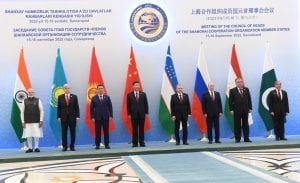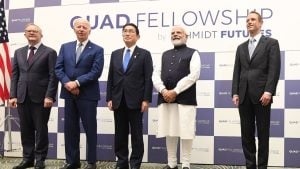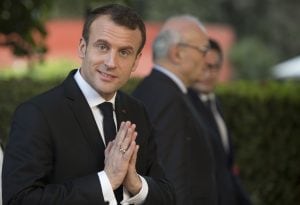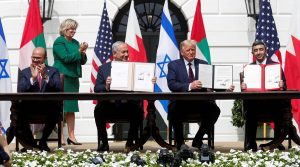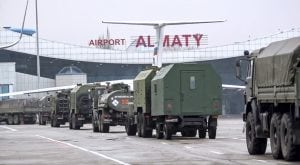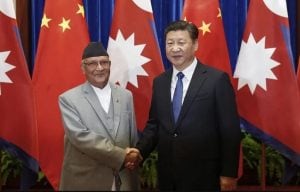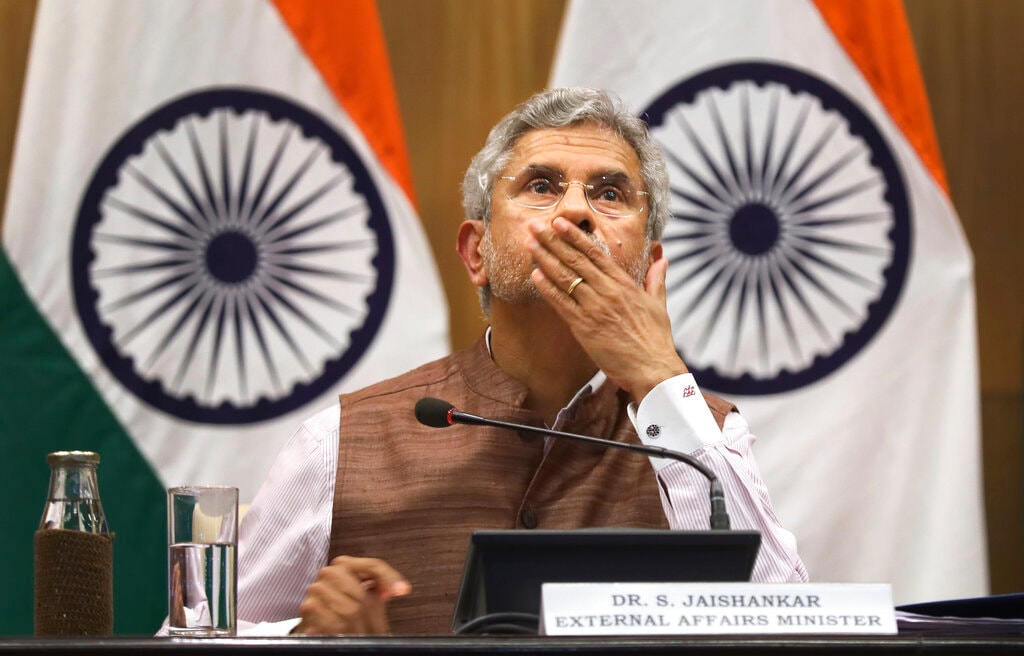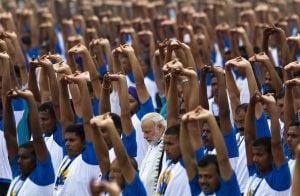View | QUAD members can improve economic cooperation

KV Prasad Jun 13, 2022, 06:35 AM IST (Published)
 Listen to the Article (6 Minutes)
Listen to the Article (6 Minutes)
Summary
The attainment of economic stability must now take centre stage alongside finding ways to limit China’s assertive influence in the Indo-Pacific region.
The second Quad Summit held in Tokyo is now in the books.
Even as the Russian invasion of Ukraine continues to shift global geopolitics, the four Quad nations — the United States, India, Japan and Australia — reiterated their commitment to territorial integrity and sovereignty and safeguarding rules-based free and open Indo-Pacific.
The Tokyo summit followed on the heels of two previous meetings, first at the Quad Leaders’ Virtual Summit in March, which followed the Quad Foreign Ministers’ Meeting in Melbourne earlier in February. Both these meetings shaped the agenda for the upcoming summit, which evolved from maritime security, vaccine diplomacy, climate change and critical and emerging technologies to a more comprehensive economic cooperation and enhanced security collaborations. This summit was held at a time when tensions are rising in the region due to the fear of an impending Chinese invasion of Taiwan.
China’s continued belligerence in the Indo-Pacific region and its overt statements of the Quad strategic partnerships as “a confrontational bloc”, have not gone unnoticed. Traditionally, India has been very tactful in its calculated public condemnations of China’s belligerent tactics in the region. The country, however, has taken a more overt stand with the Quad grouping since the Galwan Valley clash of 2020. New Delhi, along with Canberra, Tokyo and Washington has stated the importance of a free and open Indo-Pacific.
The Quad group has epitomised the importance of a rules-based international order, which has now become its credo. China, like Russia, is a revanchist power that has expanded its influence across West Asia and displayed militaristic might in the South China Sea, incursions in Kashmir with India, and tensions across the East China Sea with Japan.
US President Joseph Biden recently hosted the ASEAN heads of state in Washington in a show of solidarity for ASEAN centrality and signalling the US commitment to the region. This, like Indonesia, Vietnam and the Philippines have directly come into the crosshairs of China’s militarisation in the region.
Back in 2008, Australia was initially reluctant to fully commit to Quad objectives, partly due to its burgeoning trade ties with China and investments from Beijing in Australian commodities and infrastructure. Canberra has now seen its ties with Beijing hit choppy waters since former Prime Minister Scott Morrison called for an investigation into the origins of the virus — something that didn’t go down well with Beijing.
In 2021, Australia had also called off infrastructure deals with China. Furthermore, China’s recent agreement with the Solomon Islands has added a layer of security concern. Chinese Foreign Minister Wang Yi is on an eight-nation tour to the Pacific, which includes the Solomon Islands, as Beijing ramps up its presence in the region.
Beijing, too, hasn’t taken too well to Canberra’s close ties with the West and has imposed trade sanctions against the country. Australia has lost $20 billion in trade payments since 2019 because of these sanctions.
The Quad is not “Asian NATO” as perceived by China, despite its commitment to keep the Indo-Pacific free and open for all. Quad members have focused on bolstering the economic resilience of stakeholders involved in the Indo-Pacific region by trying to create robust supply chains and a rules-based multilateral trading system. But to date, Quad hasn’t been utilised significantly for economic cooperation by members. There is a necessity and possibility for this to become a reality.
India has recently embarked on a deeper engagement with each of the Quad members on a bilateral level in various areas of development, including security and technology. Earlier this year, India signed a Free Trade Agreement (FTA) with Australia. India and Japan have had a comprehensive economic partnership since 2011. A new FTA between the two countries is in the works, and the same goes for the US.
Security does remain a focus, but that is not the sole focus of New Delhi due to the changing dynamics of the global economy. The elixir of opportunities would involve clean energy since India is aiming to become the world’s leading producer of green hydrogen and solar power installations. With India’s various pledges at the COP26 vis-à-vis clean and renewable energy, the country has already started building partnerships and is receiving financing for several clean energy projects as demonstrated by Prime Minister Narendra Modi’s visit to Germany and various EU nations last month. European partners including Denmark, Norway, Sweden and Finland have lent their support to India’s aspirations in this regard.
India will build upon the US-led Indo-Pacific Economic Framework (IPEF) that aims to uplift fair trade along with establishing supply chain resilience without China’s involvement. With several key Asian stakeholders also participating in this Framework, India’s involvement is crucial for the success of the IPEF. As mentioned by a US State Department spokesperson, India will be critical for the IPEF as New Delhi’s interventions in clean energy, supply chain diversity and pandemic response will ensure sustainable progress for this framework. Thus, India should identify its own position in the IPEF as a valued player and leverage the same to foster deeper economic cooperation with its Southeast Asian neighbours as well as the U.S.
The Tokyo edition of the Quad summit presents several opportunities for India to boost its Make in India programme. India’s aspirations of becoming a global supply chain hub are already evident from its indigenous vaccine production and distribution drive that further aims to deliver one billion shots by the end of this year under Quad’s Vaccine Partnership initiative. Thus, it is seemingly possible for India to create further inroads within the Quad.
Furthermore, the ‘Make in India’ initiative, in convergence with Digital India and Skill India, has received support and collaborations from Japan. This was reaffirmed at the India-Japan Summit that was held in March 2022, which highlighted the commitment of both countries to focusing on skill development and providing employment opportunities for their respective citizens.
Such collaborations will go a long way to build upon India’s development programs that directly or indirectly benefit the country’s growth story as a manufacturing hub. Thus, it will be important for New Delhi to leverage its role as a global vaccine supplier and in general as a reliable support to the global supply chain. New Delhi has an excellent opportunity to partner with other Quad members to boost technological research, create financing opportunities, and build capacities in the areas of clean energy, and fair trading partnerships.
—Mukesh Aghi is CEO & President of the US-India Strategic Partnership Forum. Views expressed are personal

Elon Musk forms several ‘X Holdings’ companies to fund potential Twitter buyout
3 Mins Read
Thursday’s filing dispelled some doubts, though Musk still has work to do. He and his advisers will spend the coming days vetting potential investors for the equity portion of his offer, according to people familiar with the matter

KV Prasad Journo follow politics, process in Parliament and US Congress. Former Congressional APSA-Fulbright Fellow



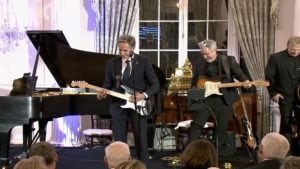






 Listen to the Article
Listen to the Article  Daily Newsletter
Daily Newsletter





